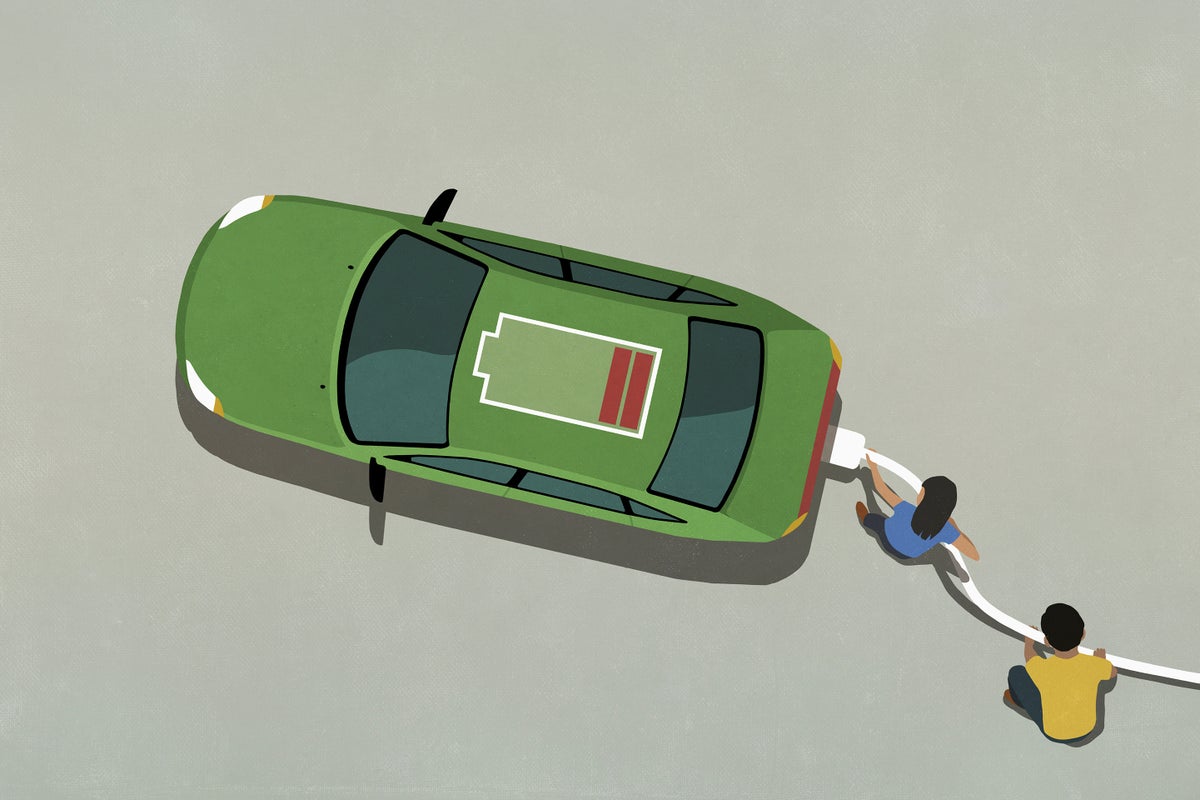
"By employing cutting-edge machine learning techniques, researchers have discovered a way to rejuvenate deceased lithium-ion batteries, which could significantly reduce electronic waste."
"The implication of this technology is tremendous, considering the soaring amount of spent lithium-ion batteries, expected to soar from 900,000 metric tons to 20.5 million metric tons by 2040."
Researchers in China have innovatively discovered a way to revive dead lithium-ion batteries, aiming to significantly reduce electronic waste and reliance on new battery production. With spent battery disposal projected to grow exponentially—from 900,000 to 20.5 million metric tons by 2040—this breakthrough is especially timely. By utilizing machine learning, they identified a molecule capable of replenishing exhausted cells with lithium ions, offering a sustainable solution amidst the rising demand for longer-lasting EV batteries. This could impact the environment positively and help manage the increasing waste from electric vehicles.
Read at www.scientificamerican.com
Unable to calculate read time
Collection
[
|
...
]